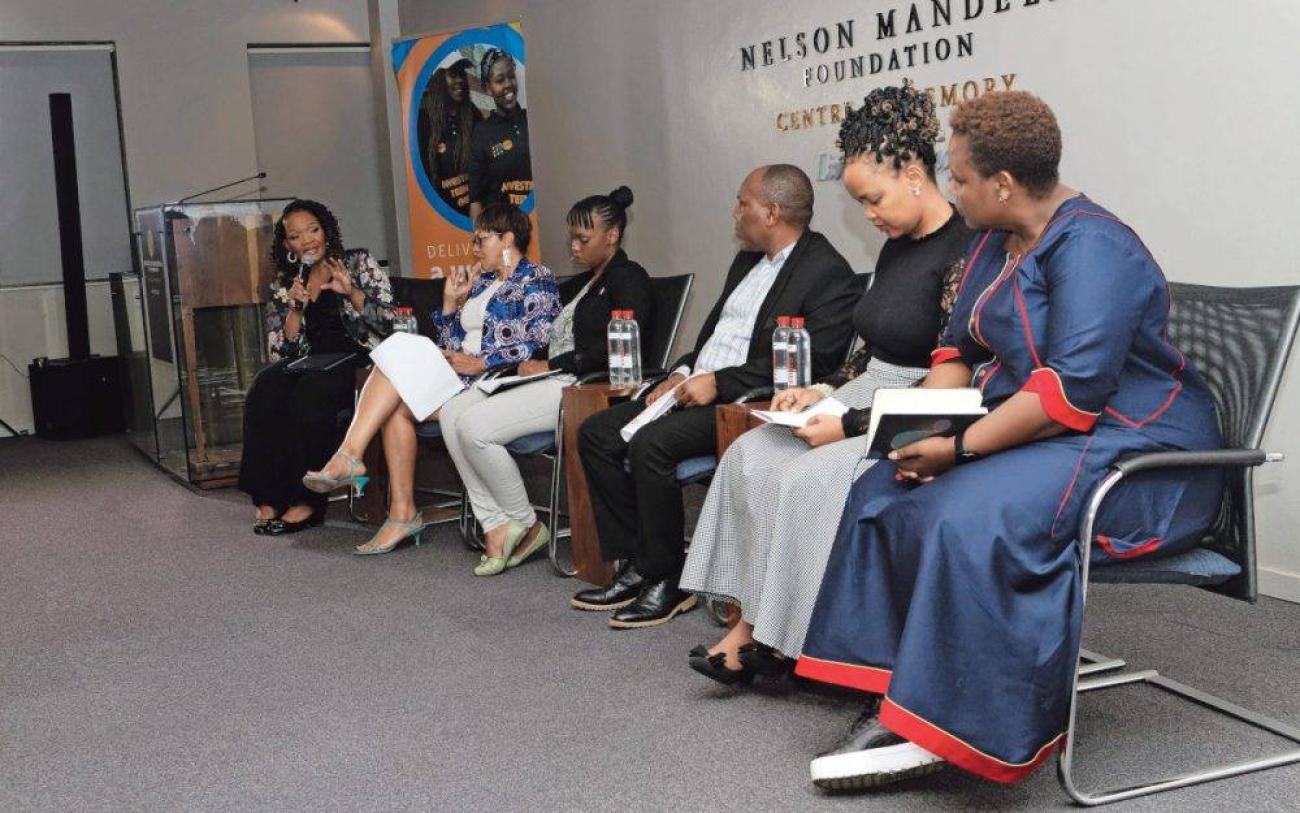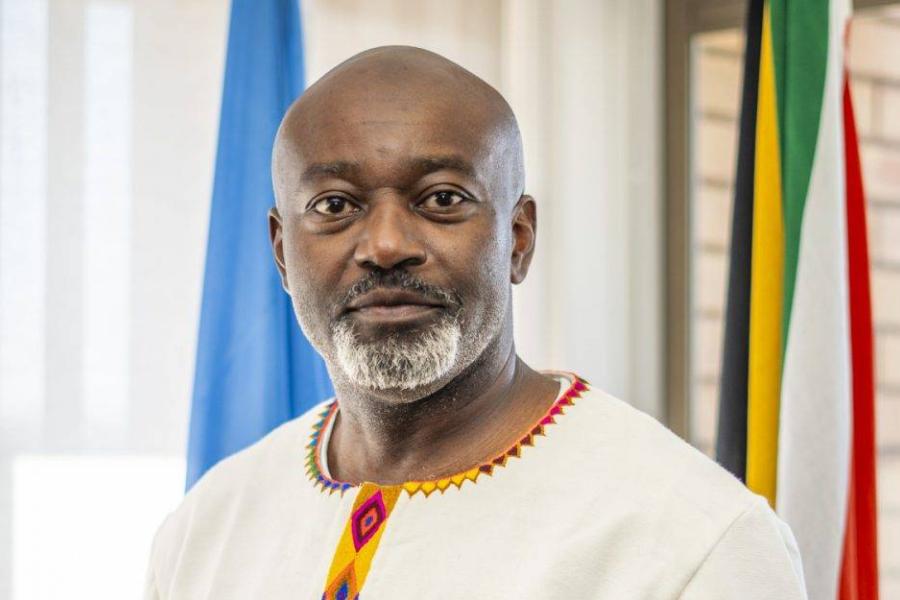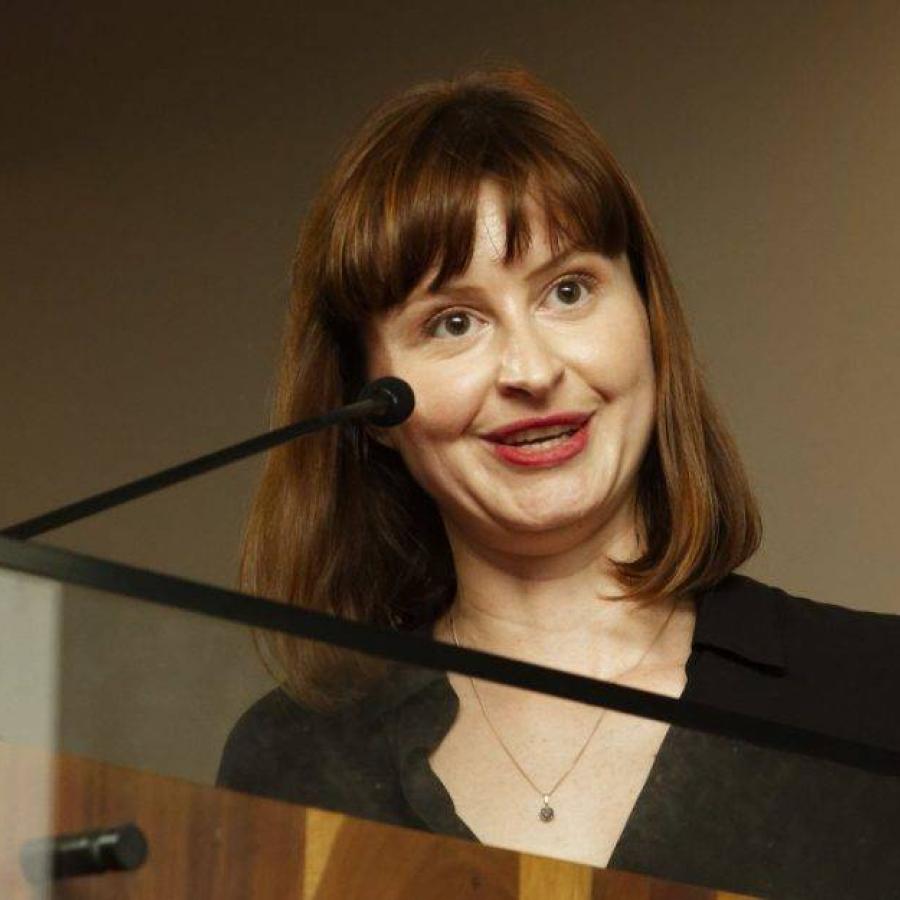Breaking the cycle: Ending childhood pregnancy in South Africa

Early and unintended pregnancies remain a critical challenge in South Africa, significantly impacting the health, education and socioeconomic prospects of girls
Written By: Ziyanda Ngoma (UNFPA) Ziyanda Ngoma & Vigdis Beassier (Embassy of France)
How can I look after a child as a child myself? In South Africa, far too many children find themselves asking this question.
Recognising the urgent need to break the cycle of childhood pregnancy, the United Nations Population Fund (UNFPA) — in partnership with the French Embassy in South Africa, Lesotho and Malawi — hosted a Critical Thinking Forum together with the Mail & Guardian. The event was held at the Nelson Mandela Foundation in Johannesburg on 23 April 2024.
In his opening remarks, United Nations Resident Coordinator Nelson Muffuh highlighted the importance of equipping young individuals with skills and empowering them to make informed decisions about their sexual and reproductive health. “Efforts to avert teenage pregnancies in South Africa are crucial for ensuring the development of the country’s human capital. Therefore, by investing in education, vocational training and comprehensive sexuality education, the UN aims to enhance the future prospects of adolescents, reduce their vulnerability to early pregnancies, and ultimately promote their overall wellbeing and empowerment.”

Cecelia Kok, Attaché for Cooperation and Development at the French Embassy in South Africa, Lesotho and Malawi, said: “There are enduring repercussions of bearing a child as a child oneself; having a child affects a young mother’s education, their economic prospects and their physical and mental wellbeing — all of these factors have terrible knock-on consequences for the children of young mothers.”
Lieketseng Mohlakoana-Motopi, a researcher at the Commission for Gender Equality, noted: “Despite having a policy that encourages girls to go back to school post-delivery, 60% of pregnant learners are unable to go back to school. This is mainly due to the lack of access to contraceptives, the fear of stigmatisation and lack of parental involvement.”
Lockdowns and disruptions in healthcare services throughout 2020 and 2021 had the effect of limiting access to sexual and reproductive health services for young people, while school closures reduced access to information and supportive environments. The economic strain caused by the pandemic also exacerbated existing vulnerabilities among youth, making them more susceptible to engage in risky behaviours.
Data from the Department of Health shows that in 2021 and 2022, the hotspots for childhood pregnancy were located predominantly in Kwazulu-Natal, Limpopo, North-West and with notable occurrences also in Gauteng. “Of concern is that the mentioned hotspot areas were mostly traditional rural communities where harmful cultural practices still exist,” said Phinah Kodisang, CEO of Soul City Institute. “So, it is important to understand high risk areas and the dynamics associated thereof, as teen pregnancy is a layered challenge; it’s critical to understand these complexities.”
A study commissioned by the French Embassy in South Africa, Lesotho and Malawi and carried out by Southern Hemisphere, a socioeconomic development consultancy, was presented at the event. Examining the effectiveness and resourcing of interventions to prevent early and unintended pregnancies in South Africa and Malawi, it confirms that challenges are multifaceted, and thus layered approaches are required to address the problem.
The study reaffirms many of South Africa’s models, but found that projects were not widespread enough to meet demand. At a structural level, there are too few programmes targeting the drivers of childhood and adolescent pregnancies, for example the prevailing macroeconomic conditions, poverty, and unemployment. The lack of provision of contraceptives was identified as a problem. Messaging in childhood pregnancy prevention projects was found to be inadequate. The study also indicates insufficient psychosocial support for girls and boys, challenges with school-based programmes and insufficient programmes to address harmful social norms.
Pupils from high schools said they often felt boys are “let off the hook” when a teenage girl falls pregnant. “Why are we not talking to boys about their role? It is not just us as girls that make the child, but we are left to take up all the responsibility,” one teenage girl from Johannesburg South asked.

Indeed, breaking the cycle of childhood pregnancy requires a multi-pronged approach involving various policy interventions across different sectors. Governments can create an enabling environment through policy development and implementation, funding and coordination. By working together in partnership with young people, communities and governments, meaningful change can be driven to make lasting impact. Laws that protect children from sexual violence and exploitation must be enforced, and perpetrators held accountable. Responsible parenthood and open communication between parents and children about sexuality must be promoted. Affordable and accessible childcare options, to enable young mothers to continue their education or pursue employment, should be made available.
Representatives from the Department of Social Development as well as of the Department of Sports, Arts and Culture highlighted that government, in collaboration with NGOs and community stakeholders, was continuously working towards implementing comprehensive strategies that promote sexual and reproductive health education, access to contraceptives, and support services for young people.
“Despite these efforts, several gaps remain: the programmes lack comprehensive approaches to address social norms and unemployment and poverty at the community level,” said researcher Petronella Ncube from Southern Hemisphere.
“Through a comprehensive and lifecycle approach that includes education, health services, and community engagement, we at UNFPA aim to support young people, in particular adolescent girls and young women in South Africa, by leveraging our expertise and convening our power,” concluded Yu Yu, UNFPA representative for South Africa.
“Together, we will break the cycle of childhood pregnancy through enhancing gender equality, improving educational outcomes, and empowering girls to make informed decisions about their reproductive health and, ultimately, to realise their infinite potential.”
First published by the Mail & Guardian







